Parent & Pro Picks
Search by Topic
- Child Development and Preventative Care Resources
- Developmental Disability Resources
- Diabetes and Endocrine Resources
- Financial Support
- Financial Support Resources
- Gastrointestinal Resources
- Grief Support
- Hospice Resources
- Housing/Transportation Resources
- Informational Resources
- Legal Support
- NICU
- Neonatal and Premature Birth Resources
- Neurological Condition Resources
- Orthopedic and Mobility Impairment Resources
- Palliative Care Resources
- Pediatric Cancer
- Rare Disease Resources
- Recreation/Wish-Granting Resources
- Sibling Support
- Special Education Resources
- Transplant Patient Resources
- medical toys
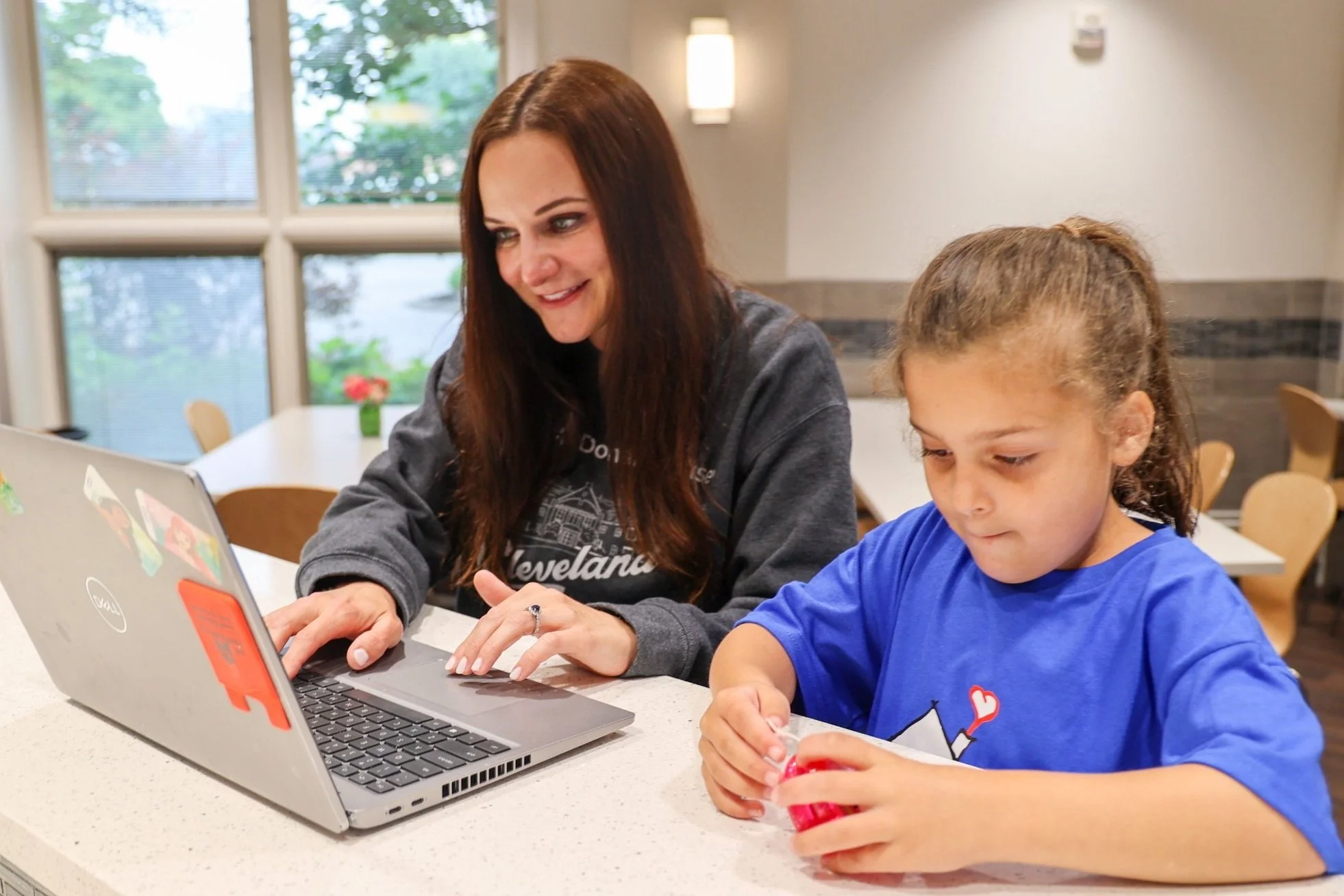
Using AI to Find Medical Information
With a computer or smart phone, you have access to a lot of information right at your finger tips. Knowing what to search, how to search, and whether or not to trust the results can be overwhelming, especially as artificial intelligence (AI) tools enter the chat. With the right approach, AI can help you stay informed, focused, and empowered following an unexpected medical diagnosis.
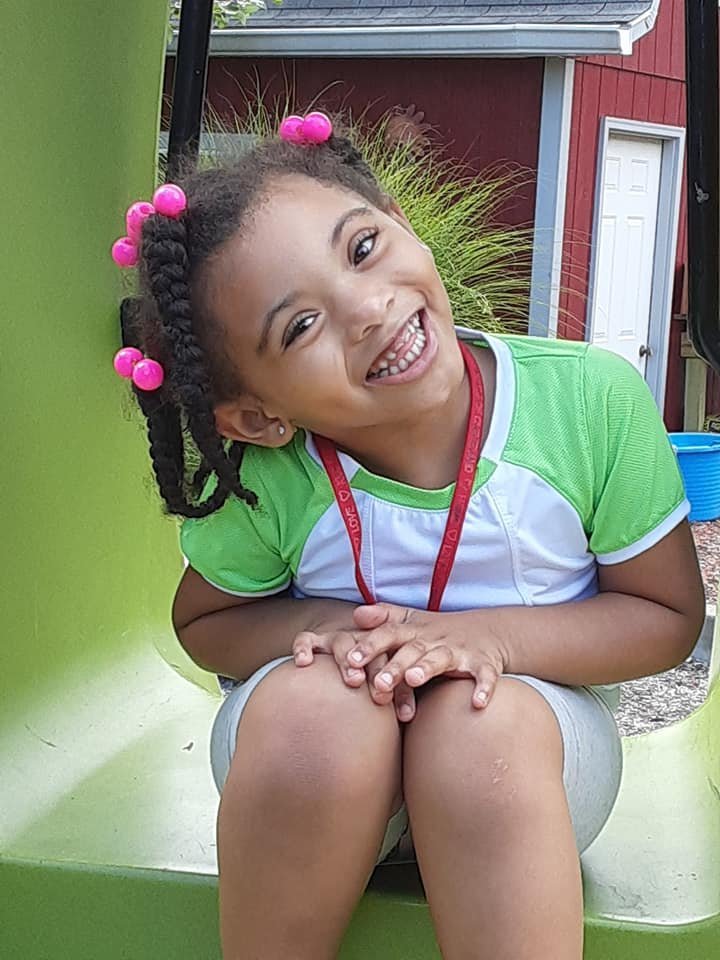
Medical Identification Accessories
A medical identification or medical alert accessory can be a life saver in an emergency. If you or a loved one has a severe allergy, medical condition, disability or special need, adding a medical identification accessory to your daily outfit can alert emergency or medical professionals before they provide care.
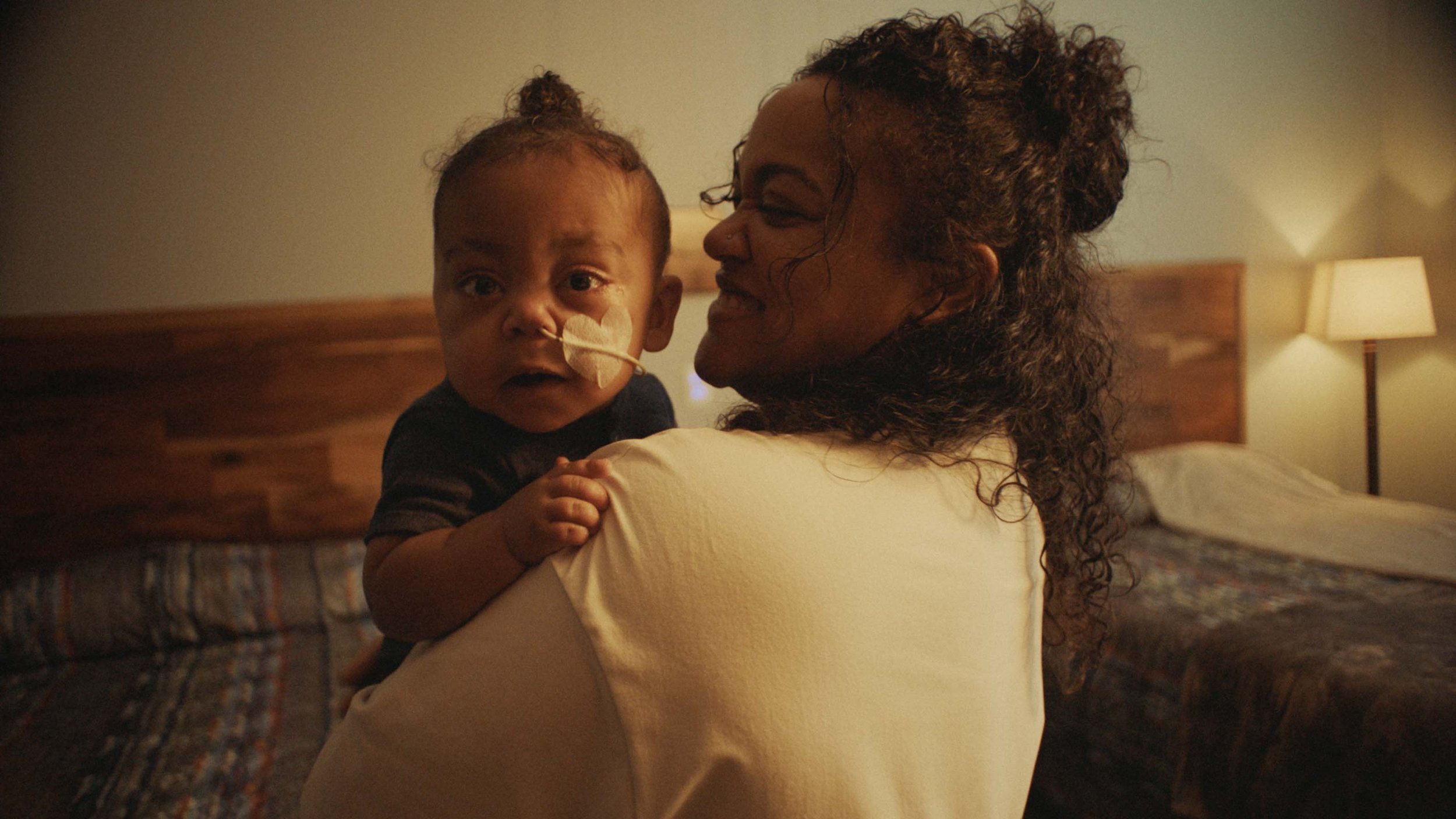
Medical Housing: Resources & Support
If your child is undergoing treatment for a serious medical condition, you and other members of your family may be eligible to stay close to the hospital or facility where your child is receiving care. The resources in this guide are a great place to start if you are preparing for a hospital stay, a long course of treatment, or if your child has an emergent medical need far from home.

Who’s Who on Your Child’s Care Team?
Keeping track of each person you meet during a hospital stay can be overwhelming. Certified Child Life Specialist (CCLS), Alyssa Friedberg shares a list of common medical and other professionals who may be on your child's care team, along with tips and resources to help your child become familiar and comfortable with the people they meet during their hospital stay.
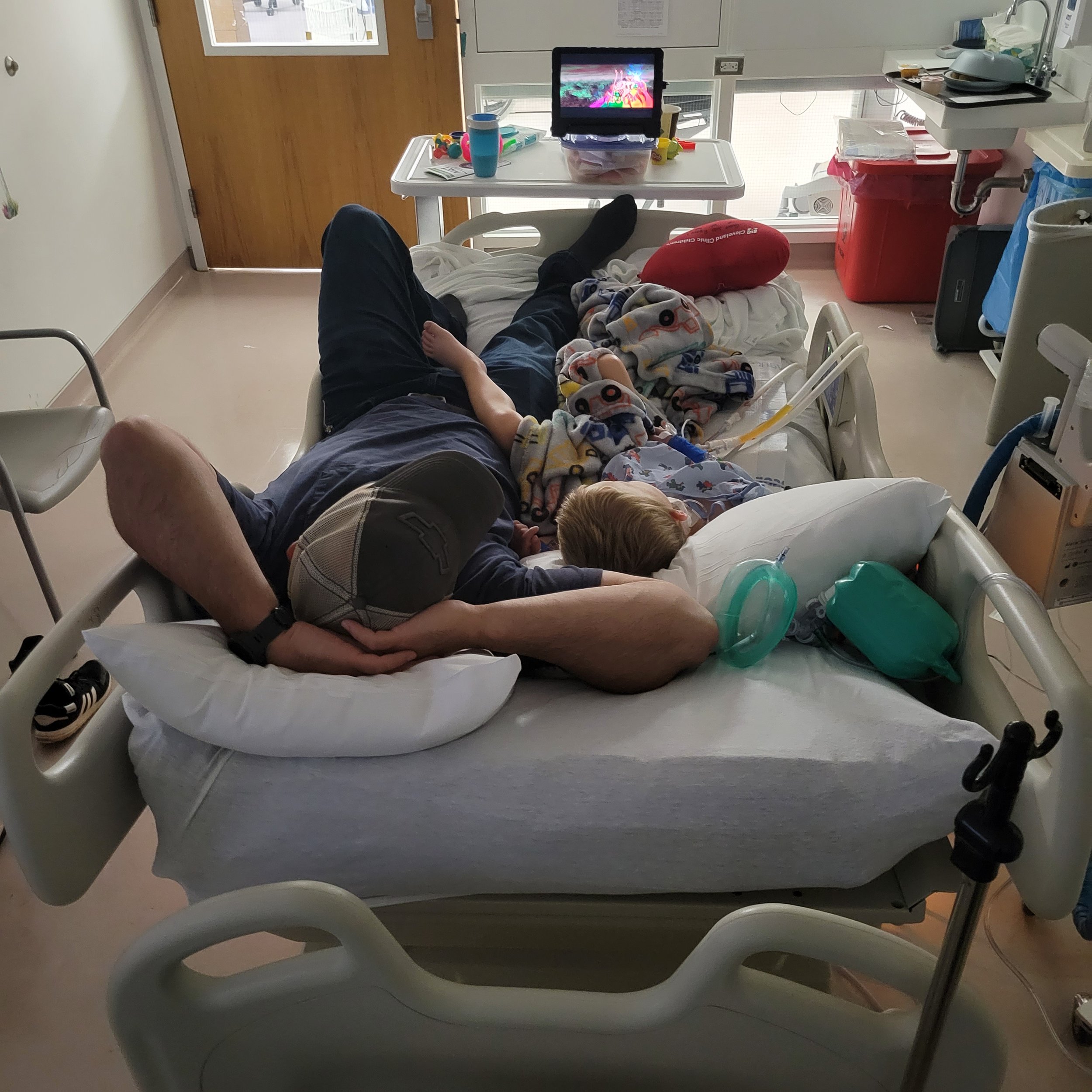
Parenting in the PICU (Pediatric Intensive Care Unit)
Kelli Argento never thought she would be a “PICU Parent,” but when her son Ryder was unexpectedly born with a congenital heart defect, that’s exactly what she became. During his young life Ryder has had multiple heart surgeries that have required him to spend more than 100 days recovering in a Pediatric Intensive Care Unit (PICU). Kelli shares her wisdom, tips, and resources for parents who may be facing a long hospital stay with a critically ill child.

Traveling with Children who have Special Needs and Medical Challenges
Children with disabilities and medical challenges often require carefully coordinated, specialized care. This can make traveling away from home complicated, but not impossible with proper planning and resources. In this guide you’ll find resources that may help make traveling less challenging if your child has special needs or a medical condition to consider. This guide and the resources listed are not meant to replace consultation with medical professionals, or to diagnose a medical condition. Please reach out to a professional for advice and assistance.
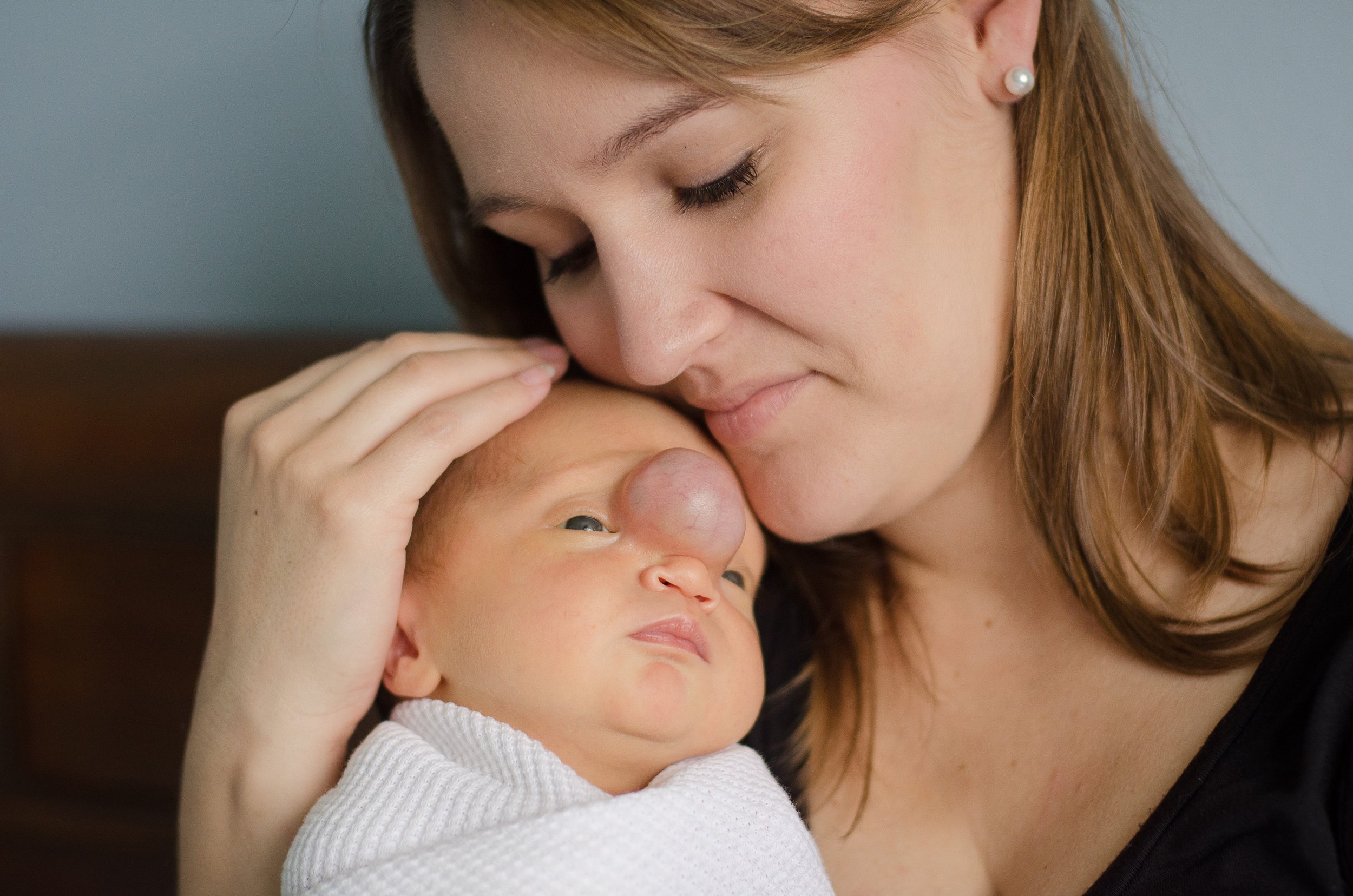
Finding Support and Information When Your Child Receives a Rare Disease Diagnosis
When your child receives a new medical diagnosis it can be helpful to seek support from other parents and caregivers who have been in your shoes. But if your child is diagnosed with a rare disease or condition it can be difficult to find information or a community of other families who share your experience. In this guide you’ll find resources that may help you as you begin to navigate life as the caregiver for a child with a rare medical condition.
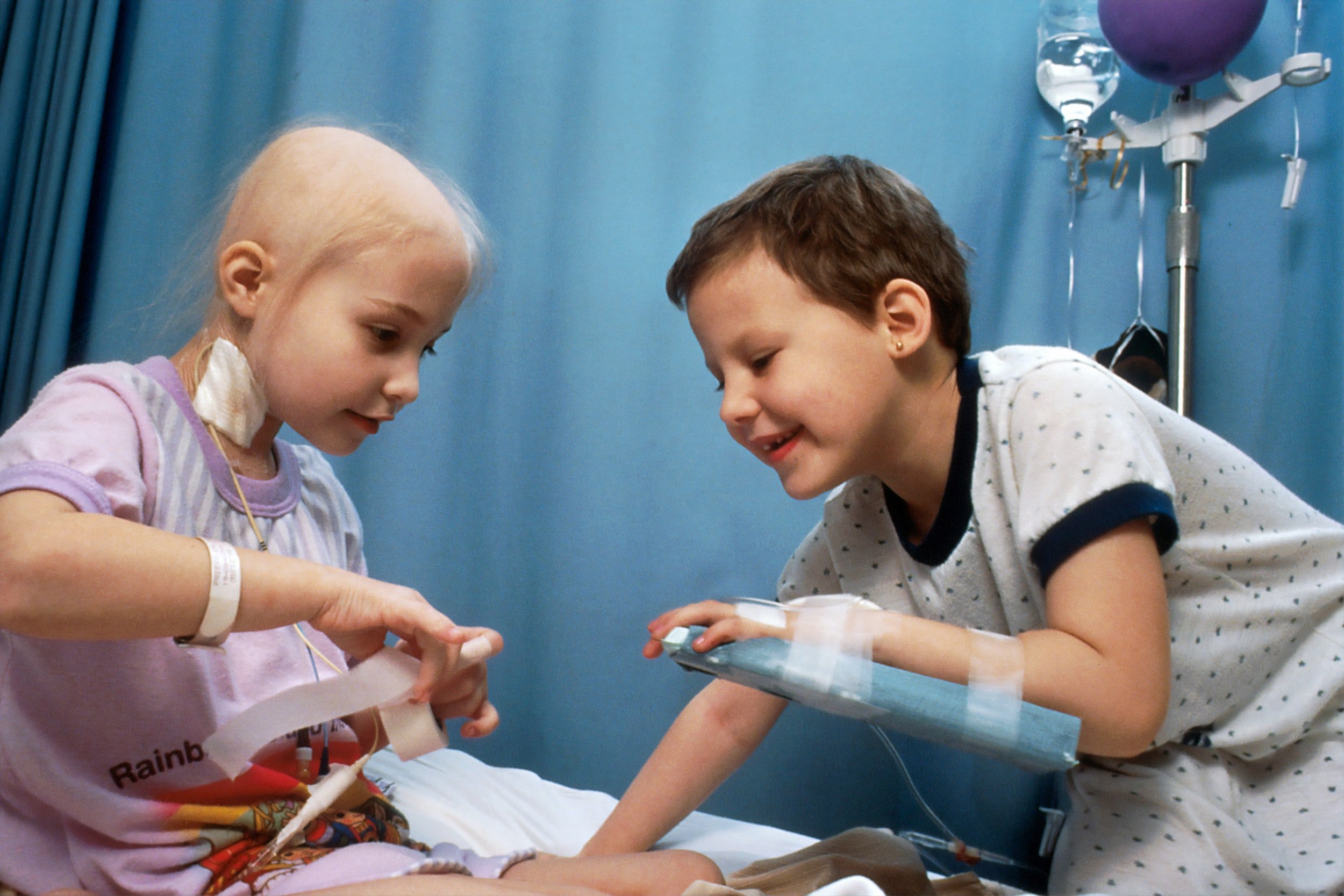
Pediatric Palliative Care: What is it and Who Needs it?
Having a child with a serious illness is difficult for the entire family. Treatments that may be necessary to save or extend a child’s life can sometimes take as much of a toll on them as the illness itself. If your child has a serious illness, palliative care may be available and beneficial while they are being treated for their medical condition. Often confused or equated with hospice care (which is provided when a person is considered to be at the end of their life), palliative care can be added to a treatment plan at any time following the diagnosis of a serious illness. This guide explores the differences between palliative and hospice care, and share resources that may help you determine whether or not a palliative care program could benefit your child’s health and well-being.

Bullying Prevention Through Inclusion
One out of every five school-aged children reports being the target of a bully during their youth. While anyone can be a victim of bullying, children with disabilities are more than twice as likely to be bullied than their typically-developing peers. Bullying can present in varying ways including physical bullying, verbal bullying, and cyberbullying, and all forms can have a devastating impact on the victim. Breaking the bullying cycle begins with creating an inclusive environment where all children understand what it means to be different from your peers. The resources in this guide can help you start or further the conversation with the children in your life about inclusion and acceptance.

Seizure Safety Resources
If your child has a condition that makes them more likely to experience seizures, it is important to be prepared in the event that a seizure occurs. Witnessing a seizure, especially in a child, can be a frightening event. Your reaction and response can help keep the child safe and comfortable until the seizure has ended, or is controlled by medical intervention. In this guide you will find resources designed to help keep a child in your care safe during a seizure.

Finding Your Support Community
A new medical diagnosis often comes with more questions than answers, as well as a flood of emotions. As a caregiver to a child who has special needs or a complex medical condition, it can be helpful to find a community of supportive people who understand the challenges you have faced or will face while caring for your child. With the rise of social media and other web-based resources, information has never been easier to find and making contact with others is a breeze. But how can you be sure that you can trust the information or people with whom you are connecting? In this guide we will share some tips on how to find information and a community of support when your child is diagnosed with a disabling medical condition.

Wish-Granting Experiences & Gifts
Wish-granting foundations help families lighten their load, granting wishes ranging from a trip to Disneyland to a new computer to a chance to throw the first pitch at a major league game. If your child has a serious illness, disability or medical condition they may be eligible to receive a gift or have a wish granted through one of the organizations listed in this resource guide.
